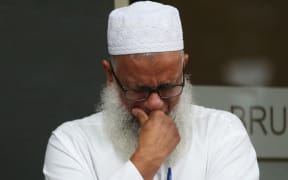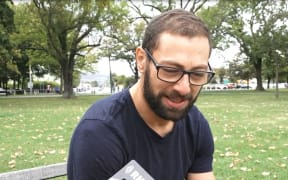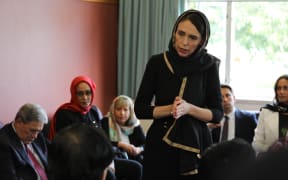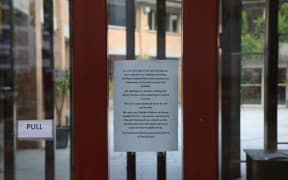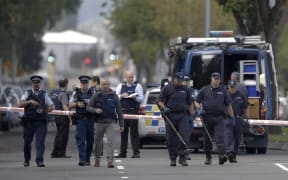Analysis - As we come to grips with the killing of 50 people at two mosques in Christchurch, we have seen a flurry of comments about how New Zealand will never be the same, has lost its innocence and is no longer beyond the reach of the world's evil.
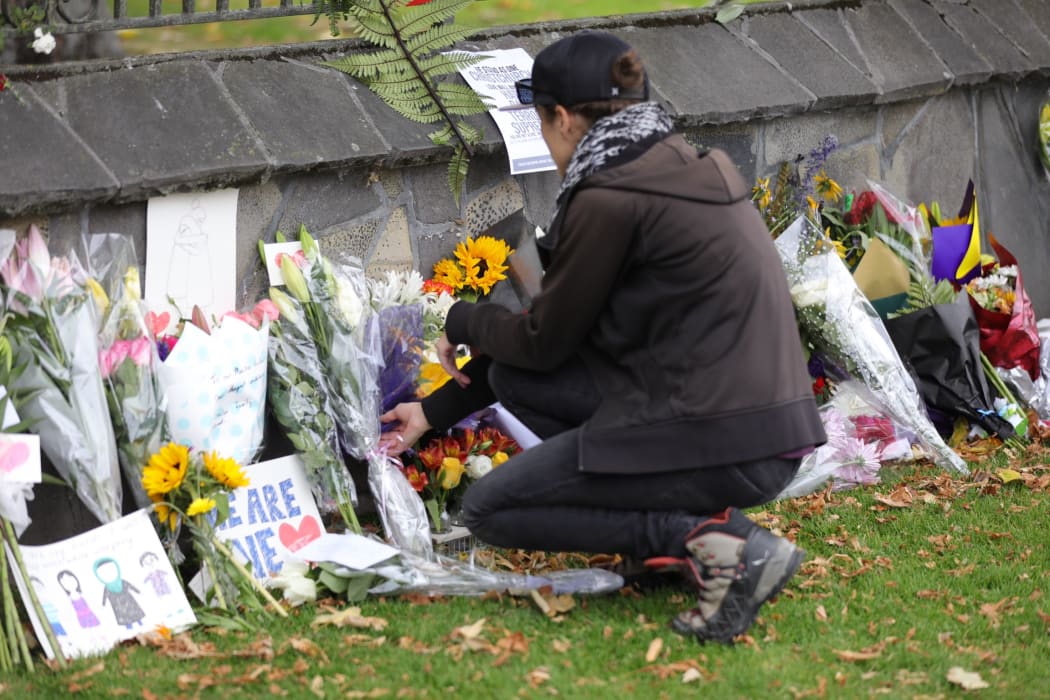
Flowers are laid at the special wall set up beside the Christchurch Botanical gardens. Photo: RNZ / Simon Rogers
Along with the sheer grief of the moment, it's natural for people to try to make sense of the senseless theft of so many innocent lives and to wrestle with what it all means.
While the words can seem cliche, they reflect people grasping for a way to express shock and reflect the magnitude of what is simply slaughter. Surely something so awful, so wicked and so unnecessary must have repercussions and must change us.
Undoubtedly it will. Undoubtedly alongside our grieving, we will begin a time of questioning, debating and self-examination. Because these events have consumed us. We want to figure out why this happened and how to stop something like this happening again.
But it's important to remember that we get to decide who we are and how we respond to tragedy and trauma. We should not be defined by the fear that prompted this terrorist attack, because that's what Brenton Tarrant wanted.
So it's vital that what happens next is not driven by fear. That is how the hate spreads and the terrorists get their way.
That does not mean people shouldn't wail and rail, to ask hard questions and to scrutinise what change may help. There is a time too, to condemn and say 'no more'.
But this is also a time for vigilance. Because fear can take on many guises. It can come dressed as security, caution, strength and even respect.
So let us not be afraid. Fear divides. Fear is the root of hate. Fear corrupts relationships and burns bridges. Reading the words allegedly written by Tarrant, it's clear that fear was the driving motivation of these murders. It should not be part of our reply.
So what does 'not fear' even look like?
It involves accepting what seems strange to us, challenging our own assumptions about 'the other' and - to quote from my own faith - loving thy neighbour and thy enemy, both.
"Who is my neighbour?" Jesus was once asked. He responded by telling the parable of the Good Samaritan. About an innocent man on a journey attacked and left for dead. The people who were expected to be good and kind would not get involved, would not sully themselves. They stuck to the rules and the other side of the road. But a Samaritan "took pity" on the stranger and saved his life.
Samaritans in Jesus' community were the essence of 'the other'.
What does that mean for us? That in response to violence and fear, we need to cross the road to 'the other' in our lives. That will mean kindness to people of other cultures and faiths, but it also means understanding the perpetrators of such violence and what was so broken in their lives that they would resort to such evil.
While many are refusing to engage with this ideology of hate, I believe we must confront it, hear it and understand it to be able to save others from it. How do we stop this happening again? Not by refusing to listen. Not by bans and ignorance. They do not defeat evil; loves does.
And what I think love must remind us in the days and weeks ahead is that before we define ourselves by our culture or religion or ethnicity or beliefs, we must first define ourselves as human.
Our common humanity comes first. If we stand true to that, then there is no 'other'. The people who he sees as "invaders" become our brothers and sisters.
What unites us all must be stronger than the human-made constructs and ideas that could yet divide us. I hope we remember that as we decide who in fact we are now, as New Zealanders.

